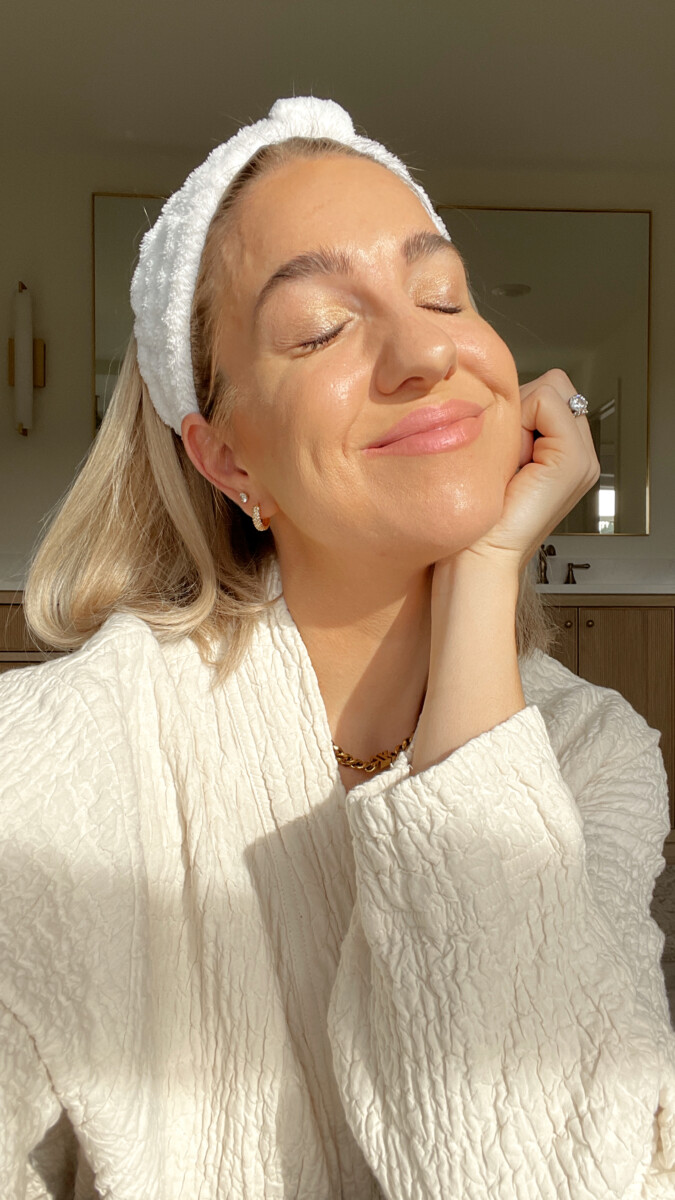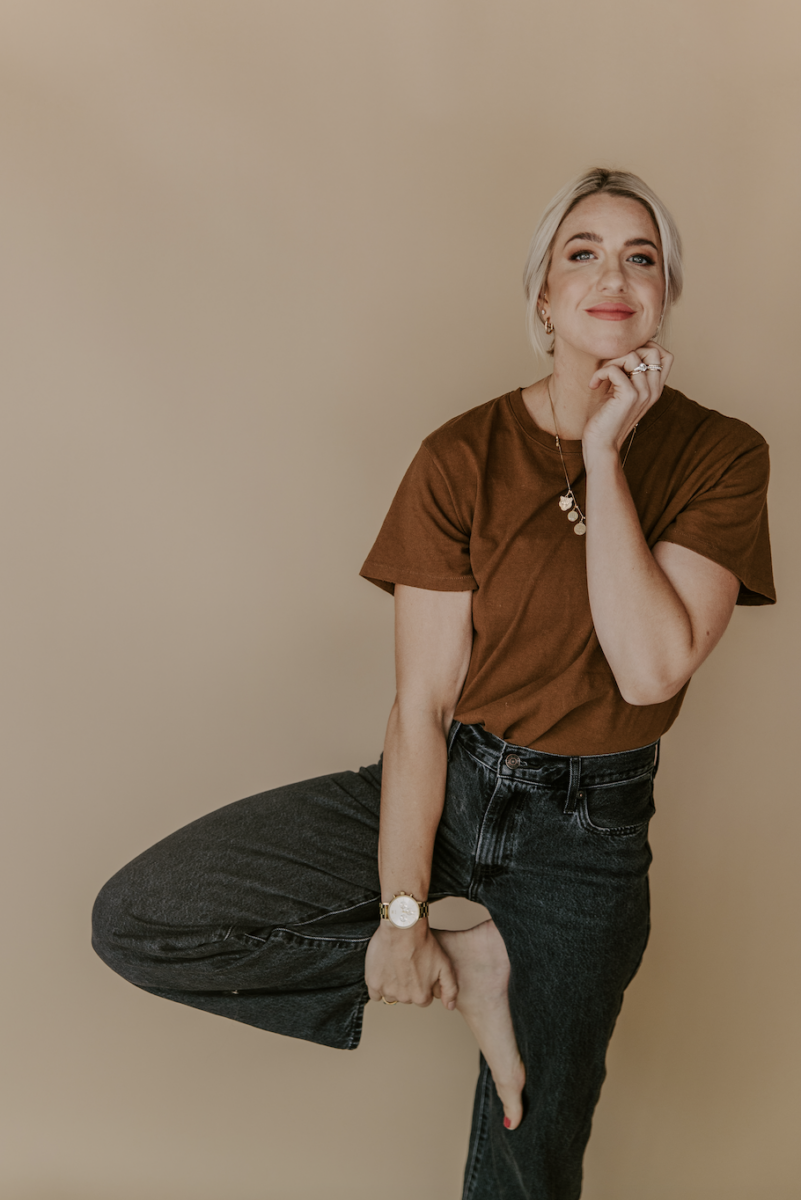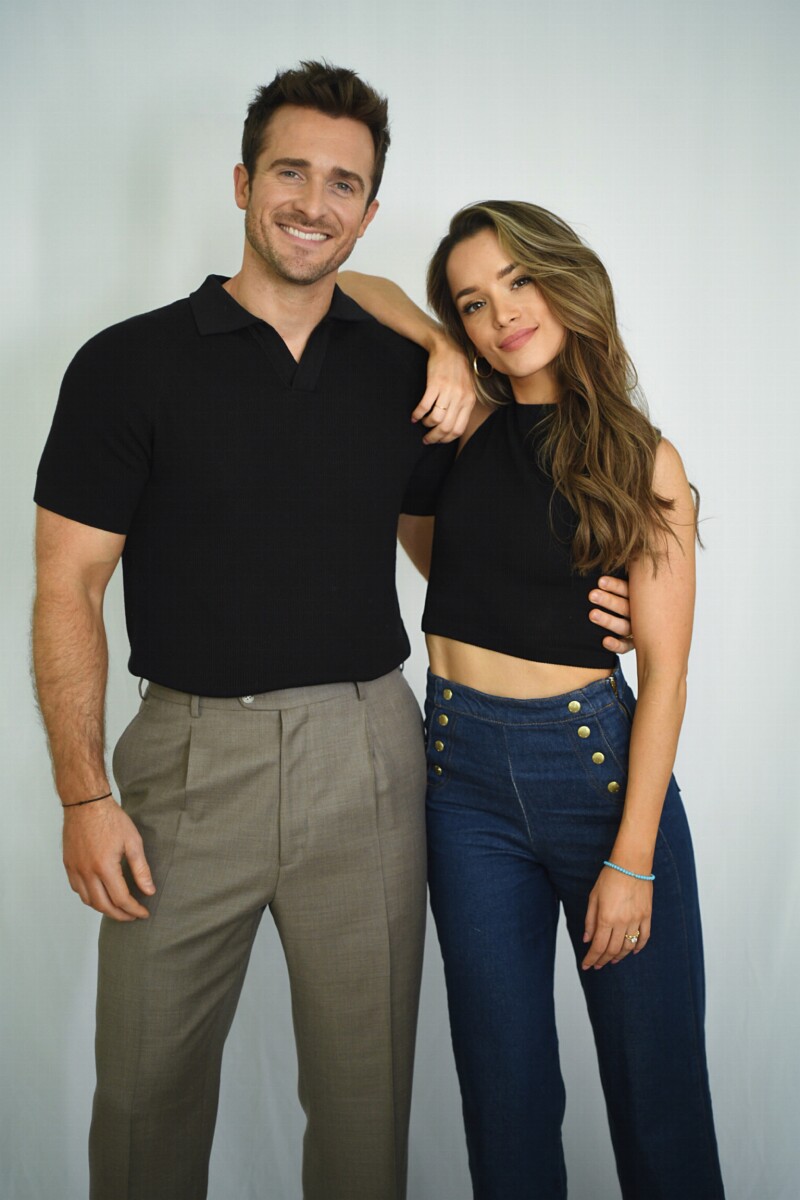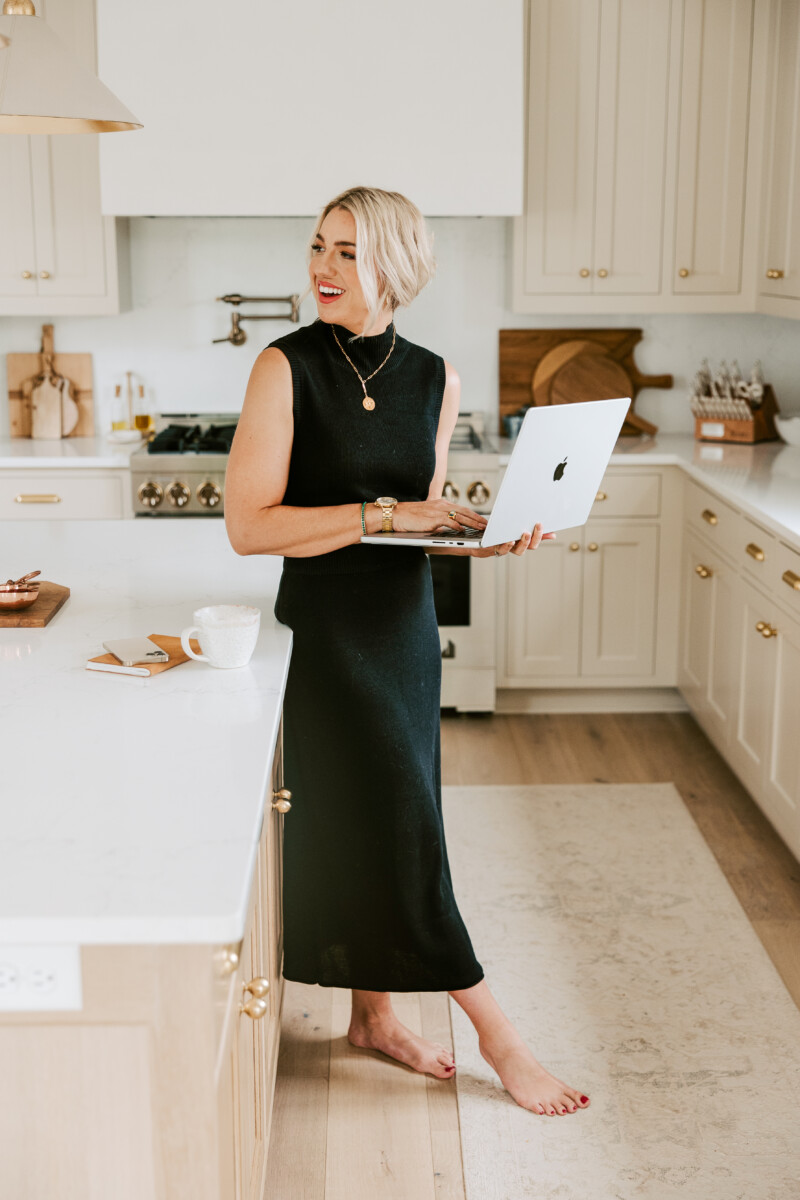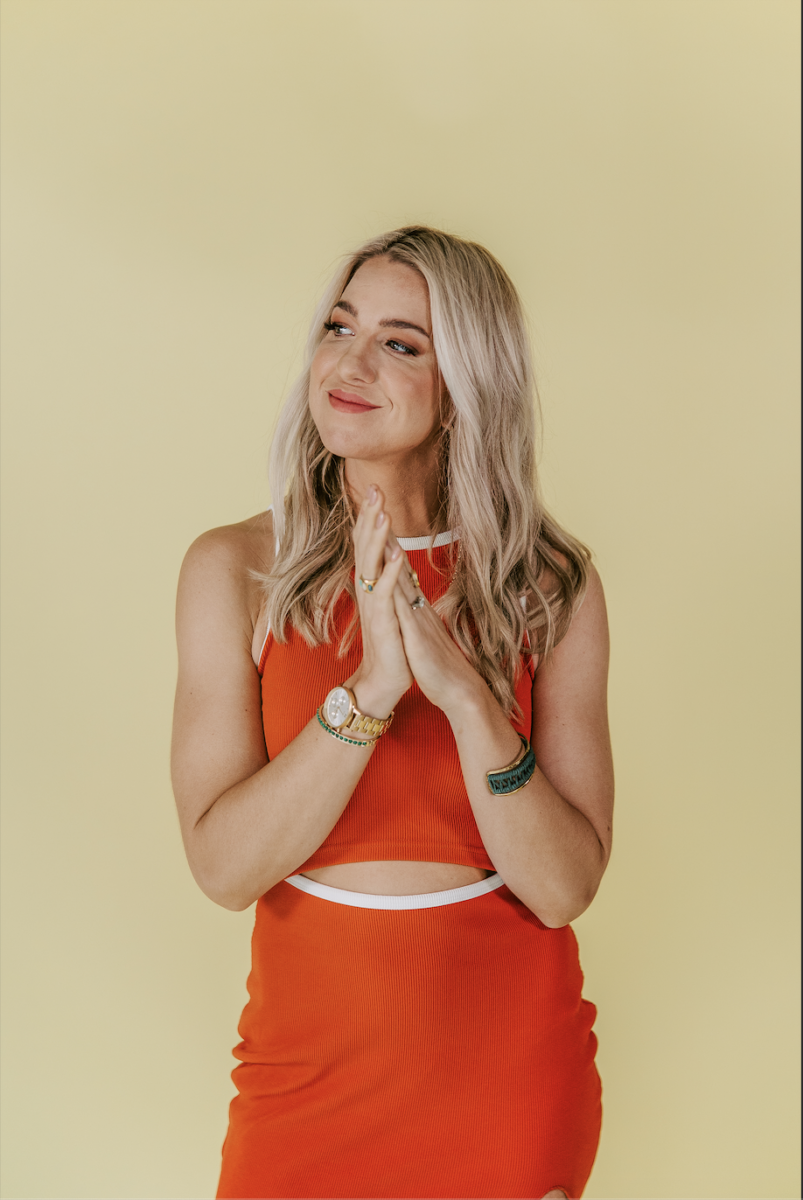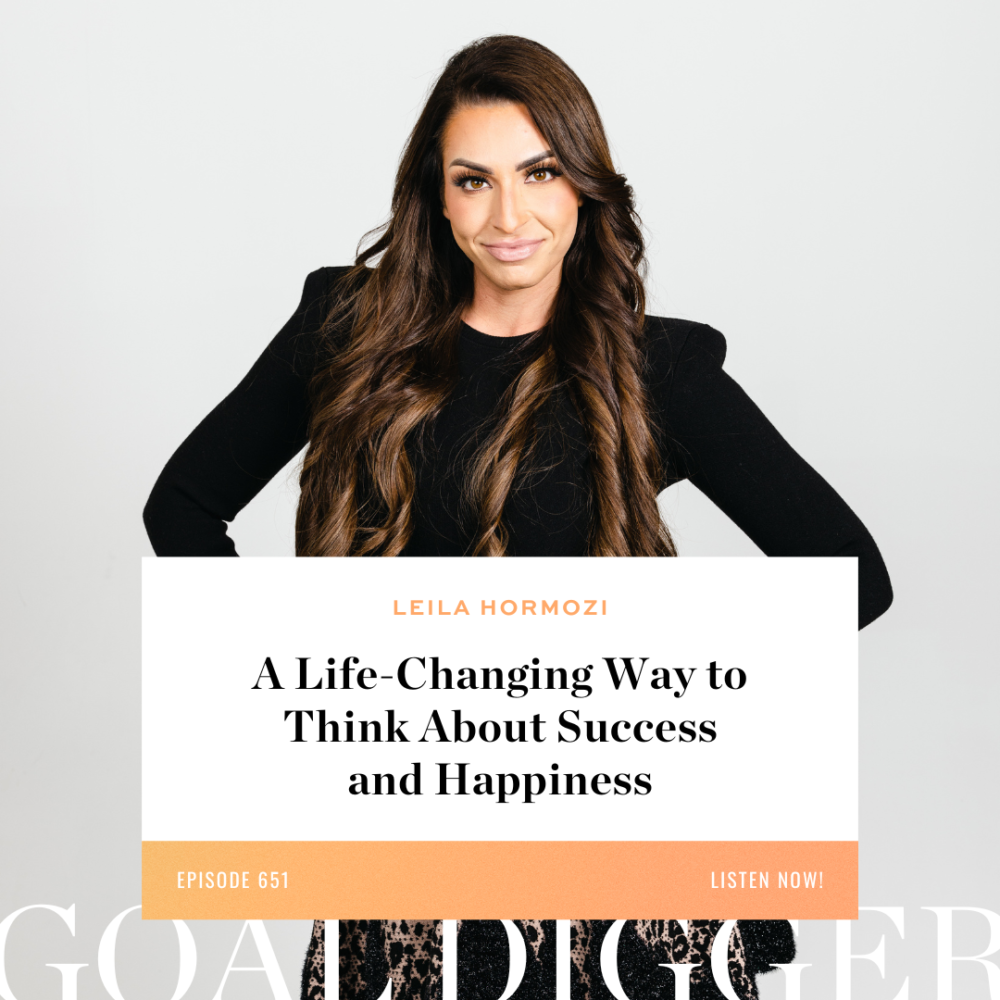
Apple Podcasts | Spotify | Stitcher
By the time Leila Hormozi was 29-years old she sold her first business for $50 million. By the age of 30, her portfolio of companies crossed $200M per year in portfolio revenue spanning brick & mortar service, licensing, education, e-commerce and more.
Those are some massive numbers. There’s no skirting that fact. But does bigger mean better? And does achieving big things = happiness? If you’ve ever achieved a big goal but found that that achievement didn’t automatically result in more happiness for you, keep listening to this conversation with Leila.
She’s a scaling and operations expert and now spends her time investing in founder-led businesses to help them scale and multiply profits. In her fascinating career of entrepreneurship and investing, she’s seen what helps businesses grow and achieve new levels of success. I’m excited to have her on the podcast to talk about how she’s reframed what it means to be both happy and successful – honestly, the way she described it is life-changing.
Doing Business with Her Spouse
Leila Hormozi and her husband have started and grown many businesses together. Working with your spouse or romantic partner isn’t necessarily something she recommends, but it works for them for a few reasons and one of those reasons is always being on the same page as one another.
“We were willing to do whatever it took, including not necessarily prioritizing the relationship. If it were anybody else, I would’ve thought I just don’t have time for a relationship right now. I’m really focused on my career. But when both people feel that way, it’s a lot easier,” she explained.
But their relationship has gone through seasons and they’ve weathered those seasons together, but at the core they’ve always had similar career goals. She told me, “Alex and I have always been very ambitious and I think that’s why it’s worked really well for us. I always felt like I never really dated anybody that I felt like, I don’t wanna say could keep up, but had ambitions bigger than mine. And I specifically was like, if I wanna be dating or married to somebody, I want them to inspire me…And I think because we both had that mindset, that’s why it’s been able to work.”
Happiness and Success
Leila knows full well what it’s like to make a lot of money, but she also says that success of that kind doesn’t equal happiness. The way she describes happiness and success really got me thinking about both in a new way.
Leila began, “Happiness and success are two different things and they’re achieved in different ways. And I think when I started, when we got to the point where we were making so much money and to the point where the money was almost as stress rather than something that I was celebrating, that was when I realized, one, no matter what is going on in your life, we will find things to be stressed about.
“When they say more money, more problems, I don’t think that’s true. It’s just like more money, different problems. Once the problem was not having money. Now the problem is you have a lot of money and you don’t know what to do with it, and you don’t have time and you don’t have and so the problems just change.
“A lot of studies have shown that humans just tend to have the same amount of problems, they just change. So realizing that and understanding how you become happy and how you become successful are not related in any way.”
Joy in Discomfort
Leila continued to share her philosophy on success, happiness, discomfort and joy and how they all interact. I hope you’ll press play to hear the full discussion, but here is an excerpt because it’s too good not to share.
“I would say the most successful people I know are not happy. What I learned over time is a lot of people who are very, very successful often have done it at the sacrifice of so many other things in their life and they often have a compulsion towards success. It’s like they don’t know how to stop, right? They will sacrifice their family time, they will sacrifice their health, they’ll sacrifice everything.
And on the other side of that, you’ve got people who only really focus on being happy, and it’s typically because they’re so focused on happiness and comfort that then they sacrifice any amount of success they can have because it means stepping outside that comfort zone, which could also risk [happiness].
I really think that happiness is just reality matches expectations, or exceeds expectations. Being uncomfortable often leads to success because we’re pushing ourselves to do something. It doesn’t mean it’s bad, because most discomfort isn’t bad, but it’s what’s needed to achieve a goal, to stretch ourselves to do something we’ve never done before. But at the same time, that means that at that moment we’re not feeling happy.
And so that’s what I came to realize is oftentimes when I’m making the most progress and growing the most, I’m not the happiest. I’m the happiest when I have just enough free time and a little less stress, but I’m often not growing in those moments. I have had to learn how to find something else, how to find joy. How do I find joy in the discomfort? Because I know that if I can learn to associate discomfort with happiness and joy then that’s how I can do both at once.
Oftentimes, we associate discomfort with something bad. We label it a negative feeling, and we look at it like it’s this thing that we should stay away from and we tend to avoid it. And I think I’ve trained myself over time just through mental repetition and changing my behavior to lean into the discomfort and to start labeling it as something that fulfills me because I do, I feel most alive when I’m uncomfortable. I’m achieving my goals, I’m going towards something. I’m able to inspire more people that way. I’m able to do more things that haven’t been done that way. And so for me, it’s been learning to connect the two into what I say is joy.”
More from Leila Hormozi
Press play on this episode wherever you get your podcasts for even more discussion about success and happiness, Leila’s business endeavors, and lessons she’s learned along the way.
Follow Leila Hormozi on Instagram @leilahormozi and on YouTube. You can also learn from her at acquisition.com.
